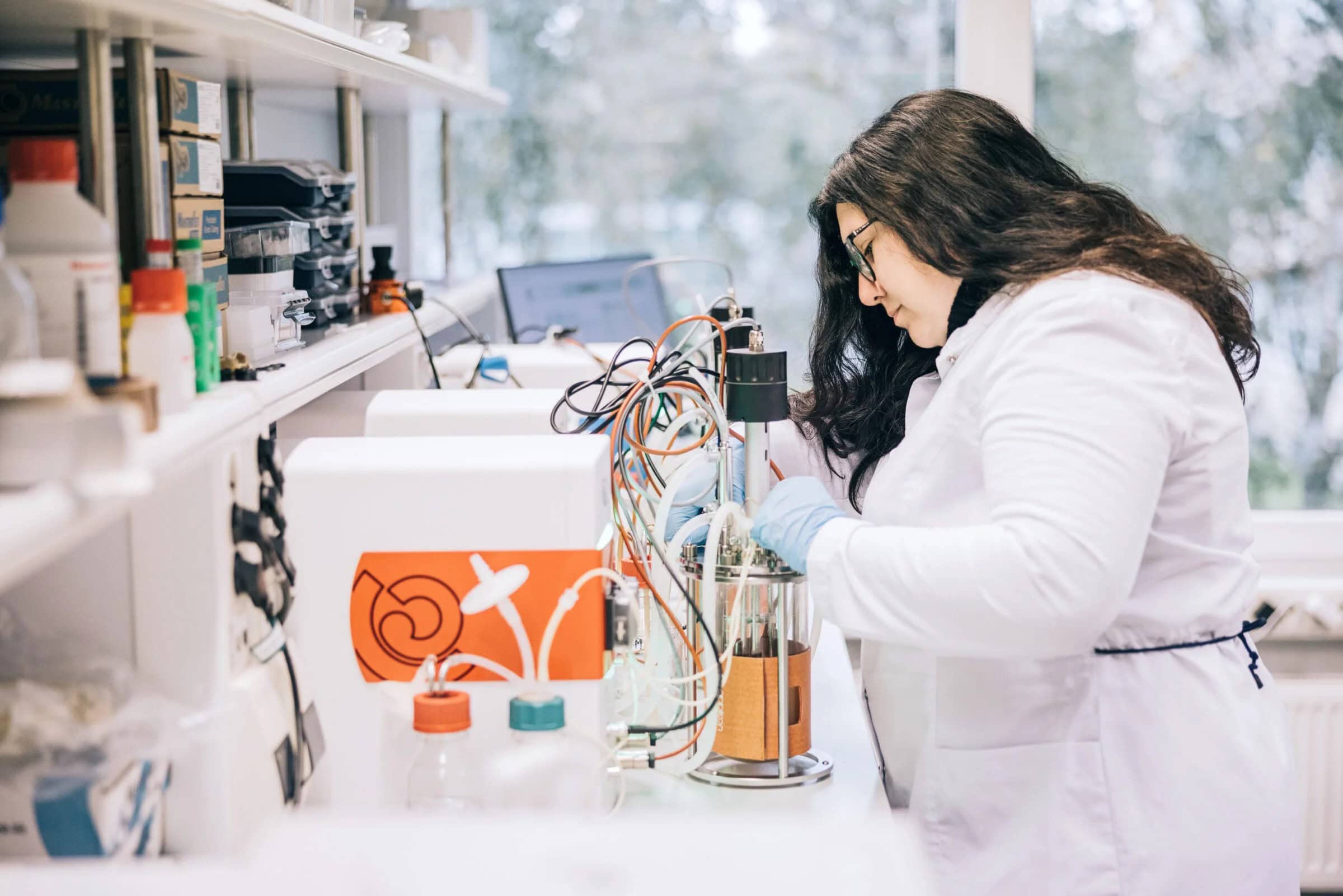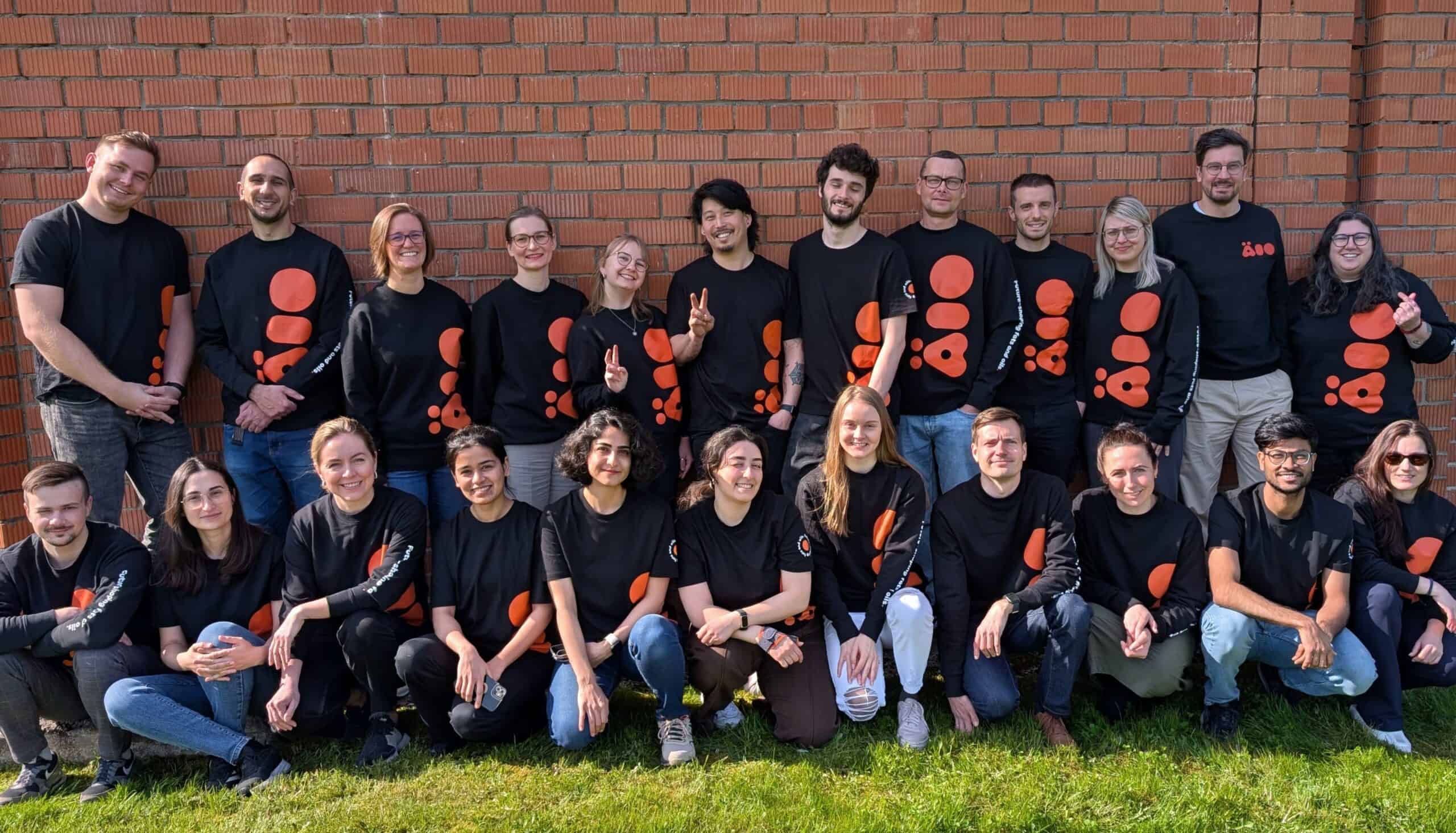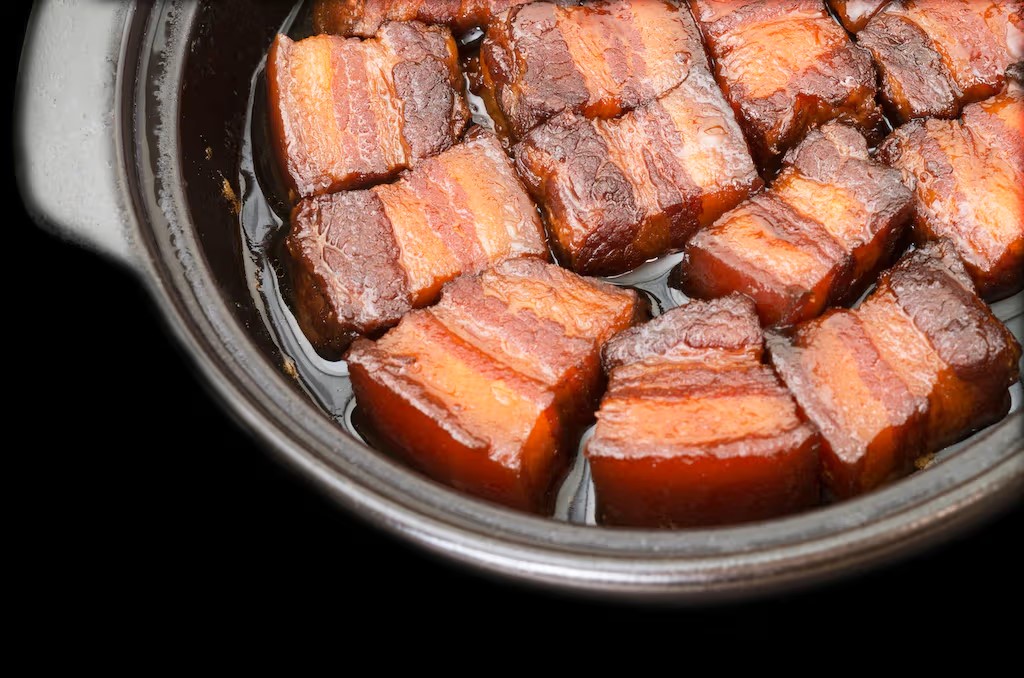ÄIO to Develop Novel Fat Ingredient from Industrial Side-Streams Under €2.3M Project
Estonian biotechnology firm ÄIO has secured €1.2 million in public funding from Enterprise Estonia to scale production of its yeast-based Flavoured Fat ingredient through a new three-year project titled FERM-OIL. The total project budget is €2.3 million. The funding will support the transition of ÄIO’s fermentation-based fat from lab-scale development to industrial manufacturing. The company’s Flavoured Fat, a lipid-rich yeast biomass, is intended as a replacement for animal fats and …
Melt&Marble Secures €7.3M to Scale Designer Fats Made Using Precision Fermentation
Swedish biotech company Melt&Marble has raised €7.3 million in Series A funding to scale the production of its designer fats made using precision fermentation and bring its first ingredients to market. The round was led by Swedish deeptech investor Industrifonden, with participation from the European Commission’s European Innovation Council (EIC) Fund, Beiersdorf, Valio, Chalmers Ventures, and Catalyze Capital. The EIC Accelerator previously awarded Melt&Marble a €2.5 million grant in 2024, …
Checkerspot and Huvepharma Develop Algal Oil Simulating Human Milk Fat for Infant Formula
Checkerspot, a biotechnology firm focused on renewable oils and fats, has entered into a partnership with Huvepharma, a global leader in fermentation technology, to scale production of a novel nutritional oil derived from microalgae. This high sn-2 palmitate algal oil is designed as a direct alternative to palm oil, particularly for use in infant formula, where it mimics the triglyceride structures found in human milk fat. The collaboration follows successful …
Singapore’s ImpacFat Launches Cultivated Fish Fat R&D Center in Tokyo
ImpacFat, a biotechnology company from Singapore, has announced its expansion into Japan with the opening of a new research and development hub in Tokyo. Backed by strategic investments from major Japanese firms, this reinforces the company’s role in advancing sustainable food technologies. The announcement was made at a press event held in the Takanawa Gateway City, a leading innovation district in Tokyo. ImpacFat’s first international move The new facility in …
Estonia’s ÄIO Produces First Tonne of Its Yeast-Based Alternative to Traditional Oils
Estonian biotech company ÄIO has completed the first full-scale production run of its yeast-based encapsulated oil product, reaching a volume of one tonne. This represents a 300-fold increase from the company’s laboratory capabilities. ÄIO uses biomass and precision fermentation to turn industrial side streams into non-animal fats and non-vegetable oils. The company’s encapsulated oil is said to be high in proteins, fibres, and functional lipids; it provides an environmentally friendly …
Mission Barns Gains USDA Approval for Cultivated Fat, Announces Restaurant & Retail Launches
Mission Barns has received approval from the U.S. Department of Agriculture (USDA) for its cultivated pork fat, allowing the ingredient to enter the US market. The approval includes a grant of USDA inspection for the company’s San Francisco pilot facility and a label sign-off for its cultivated fat ingredient, which previously gained FDA approval earlier this year. Mission Barns is now preparing for limited, high-impact launches, including targeted product releases …
SMEY Launches AI-Driven ‘Neobank of Yeasts’ to Speed Up Creation of Cultivated Oils
SMEY, a biotech company based in France and Germany, has launched NOY (Neobank of Yeasts), a digital databank of yeast fatty acid profiles designed to streamline the development of sustainable cultivated oils. The platform enables manufacturers to quickly identify yeast strains that naturally produce specific oils, drastically reducing the research and development time for creating tailored oils for use in food, cosmetics, and industrial applications. Traditionally, producing a new oil …
Hoxton Farms and Mitsui Chemicals Collaborate to Expand Biomanufacturing Infrastructure Across Asia-Pacific
UK-based cultivated fat producer Hoxton Farms and Japanese chemical manufacturer Mitsui Chemicals have entered a strategic partnership to advance biomanufacturing infrastructure in Japan and across the Asia-Pacific region. The collaboration combines Hoxton Farms’ proprietary cell culture technology with Mitsui Chemicals’ materials science and production expertise. The agreement includes joint efforts to scale and commercialise modular bioreactor systems developed by Hoxton Farms, which are engineered for large-scale, cost-efficient cell cultivation. Mitsui …
Savor: “Our Technology’s Versatility Enables Infinite Customization of Fatty Acid Profiles”
Savor is a pioneering company in the alt-fat space, creating sustainable and customizable fats, oils, and butter by directly converting carbon gases into pure fat molecules. Pierre Coeurdeuil manages Strategic Partnerships at Savor, and works with world-class chefs, bakers and brands to bring innovative, highly sustainable and customizable fats, oils and butter to market. Prior to Savor, he orchestrated launch for a world-first kind of plant-based cheese, was an advisor …
Self-Renewing Pig Fat Cell Line from Roslin Institute Could Resolve Key Bottleneck in Cultivated Meat Sector
Researchers at the Roslin Institute, part of the University of Edinburgh, have developed a line of self-renewing pig fat cells that could support large-scale cultivated meat production by enabling consistent, efficient generation of fat tissue without genetic modification. The cells, designated as FaTTy, are derived from early-stage pig stem cells and exhibit the rare ability to both proliferate indefinitely and reliably differentiate into fat cells. This capacity addresses a long-standing …










